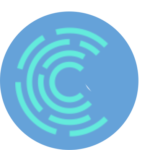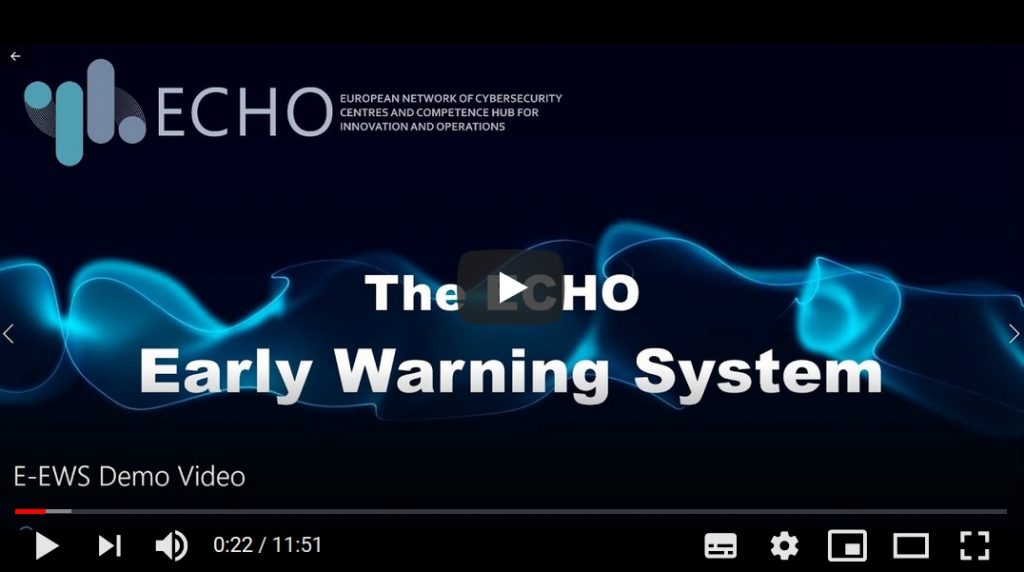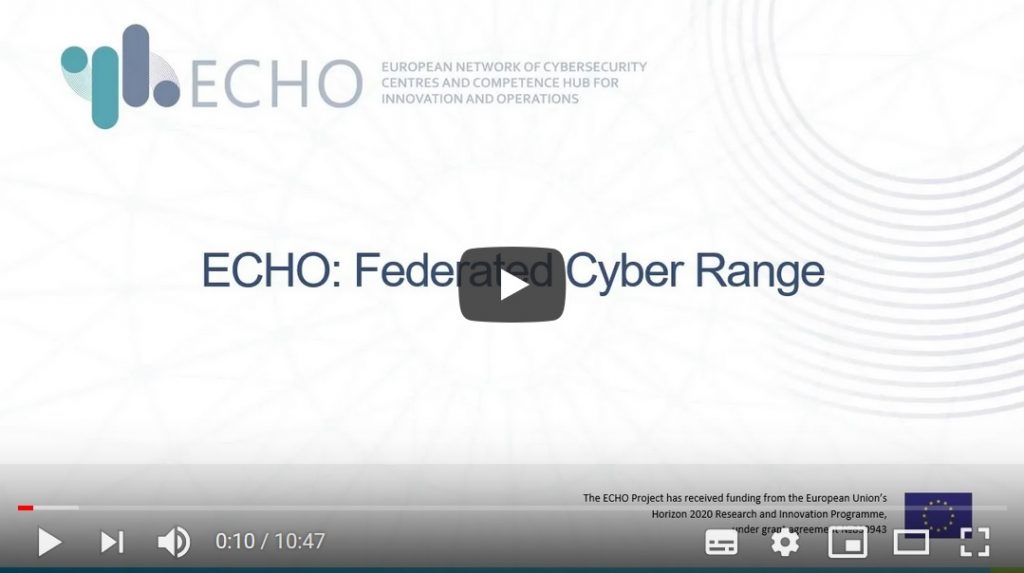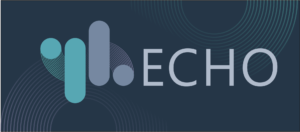
SAVE THE DATE!
ECHO is organising a 3-day Federated Autumn School
FROM THEORY TO ACTIVE CYBER INCIDENT RESPONSE ON BOARD MODERN SHIPS
Date: 23-25 November, 2021
Location: ONLINE
The application period has ended!
Who we are looking for?
- Cybersecurity / information security enthusiast;
- ICT specialist;
- Student (e.g. maritime transportation, naval, military, ICT, cybersecurity) HEI;
- Student with interests in the maritime industry
Course fee: free of charge
Focus of the programme
In a modern ship, the onboard ICT technology and Operational technology are networked and highly integrated to ensure the survivability of the vessel in several aspects - Susceptibility, Vulnerability, Recoverability. The increasing quantity of the digital components that facilitate the operations bring more risks of unauthorized access or malicious attacks to ships’ systems and networks.
The capacity and capabilities of the crew and digital infrastructure to cope with cyber-incidents are critical for the safety of the ship and its cargo (incl. passengers and crew), the environmental protection, the safety of the people and facilities located in the shore.
The ECHO Autumn School programme allows participants to gain deeper knowledge and understanding of cyber security concepts and some specific implications in the maritime industry, especially latest technology and operational developments. In addition to the theoretical overview of the processes, tools and systems that support the incident response and analysis, the students will be able to participate in two exercises: collecting and processing the incident related information with the ECHO Early Warning System and restoring the ECDIS after compromising the communications leveraging the ECHO Federated Cyber Range.
For more information on the ECHO assets check ECHO’s YouTube channel!








